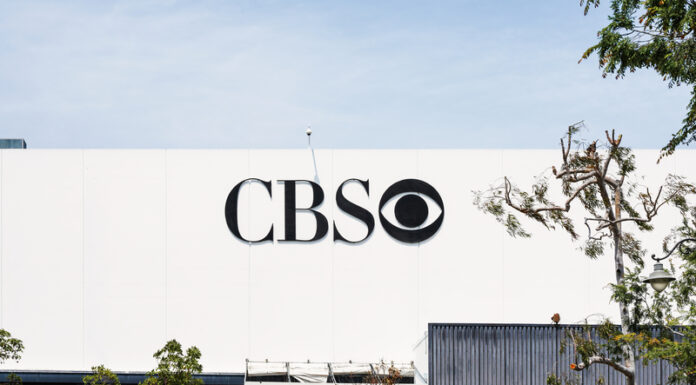President Donald Trump has called for the cancellation of CBS’ long-running news program “60 Minutes,” alleging fraud and election interference. The demand came via a post on his Truth Social platform, where he asserted that CBS should lose its license and the show’s producers should be removed. This escalation follows Trump’s ongoing $10 billion lawsuit against CBS over its handling of an interview with Former Vice President Kamala Harris.
Trump claims that “60 Minutes” edited Harris’s interview to present her in a more favorable light, which he alleges influenced the election. His accusations stem from the program airing a different portion of Harris’ response about Israel in its preview compared to the final broadcast. Trump and his supporters argue that the edited version obscured her struggle to articulate a clear position. CBS has denied the allegations, stating that its editing process is standard journalistic practice.
In response to Trump’s lawsuit, CBS released the unedited transcript of Harris’ interview, asserting that it proves the broadcast was not “doctored or deceitful.” The network emphasized that journalists routinely edit interviews for clarity and time constraints. Despite CBS’s defense, its parent company, Paramount Global, is reportedly engaged in settlement discussions as it seeks regulatory approval for an $8 billion merger with Skydance Media.
Federal Communications Commission (FCC) Chairman Brendan Carr has backed Trump’s claims and requested that CBS provide full transcripts and interview footage. CBS complied and later made the documents public. In a Fox News interview, Carr, a Trump ally, said that there was clear evidence that “The policy says you can’t swap answers out to make it look like somebody said something entirely different.” The FCC’s decision to investigate CBS has drawn criticism from some, including Democratic Commissioner Anna M. Gomez, who called the probe part of a broader political agenda.
Beyond “60 Minutes,” Trump has expanded his media offensive, amplifying false claims that the U.S. Agency for International Development (USAID) illegally funneled money to news organizations, including Politico. Trump and his allies allege that USAID provided $8 million in illicit payments, though Politico has denied these claims.
Records show that only two USAID payments totaling less than $43,000 were for Politico’s subscription services in 2023 and 2024. Politico maintains that it has never received government funding or subsidies.
White House Press Secretary Karoline Leavitt reiterated Trump’s assertions, stating that USAID’s spending on Politico would be discontinued. The Washington Post reported that USAID’s payments were part of standard government subscriptions to Politico Pro, a specialized news service policymakers use. Critics argue that Trump’s claims misrepresent routine government expenditures.
The controversy surrounding CBS and Politico is part of a broader push by the Trump administration against significant media organizations. Under Carr, the FCC has revived investigations into ABC and NBC while omitting Fox News from similar scrutiny. Additionally, the administration has pressured media outlets through litigation and regulatory actions.
Trump’s allies have also targeted public broadcasting. FCC inquiries into NPR and PBS suggest their corporate sponsorship messages resemble commercials, potentially jeopardizing federal funding.
Representative Marjorie Taylor Greene has invited public broadcasting executives to testify before Congress on allegations of bias.
Meanwhile, Trump continues legal action against Gannett’s Des Moines Register for allegedly inaccurate election polling and the Pulitzer Prize committee over awards given for reporting on Trump’s ties to Russia. Settlements in past cases have included payments from media companies such as ABC News and Meta to Trump.
Paramount executives, facing regulatory hurdles in their Skydance Media merger, appear inclined to settle Trump’s lawsuit. However, CBS News leadership, including “60 Minutes” Executive Producer Bill Owens and network President Wendy McMahon, has resisted an apology or concession.
As these battles unfolded, the administration also altered press access at the Pentagon, removing Politico, NPR, The New York Times, and NBC News in favor of outlets like the New York Post and Breitbart. No credentials were revoked, but the move limits these organizations’ direct access to military briefings.
Trump’s media crackdown extends beyond lawsuits and regulatory pressure, with broader implications for press freedom. “Each settlement weakens the democratic freedoms on which these media organizations depend,” said Jameel Jaffer, executive director of the Knight First Amendment Institute. “They create precedents… that will shape the way that judges and the public think about press freedom and its limits.”
The ongoing dispute between Trump and CBS exemplifies a more significant battle between the administration and the media. With litigation, regulatory scrutiny, and direct pressure on news organizations, Trump’s efforts to control media narratives continue to escalate.








